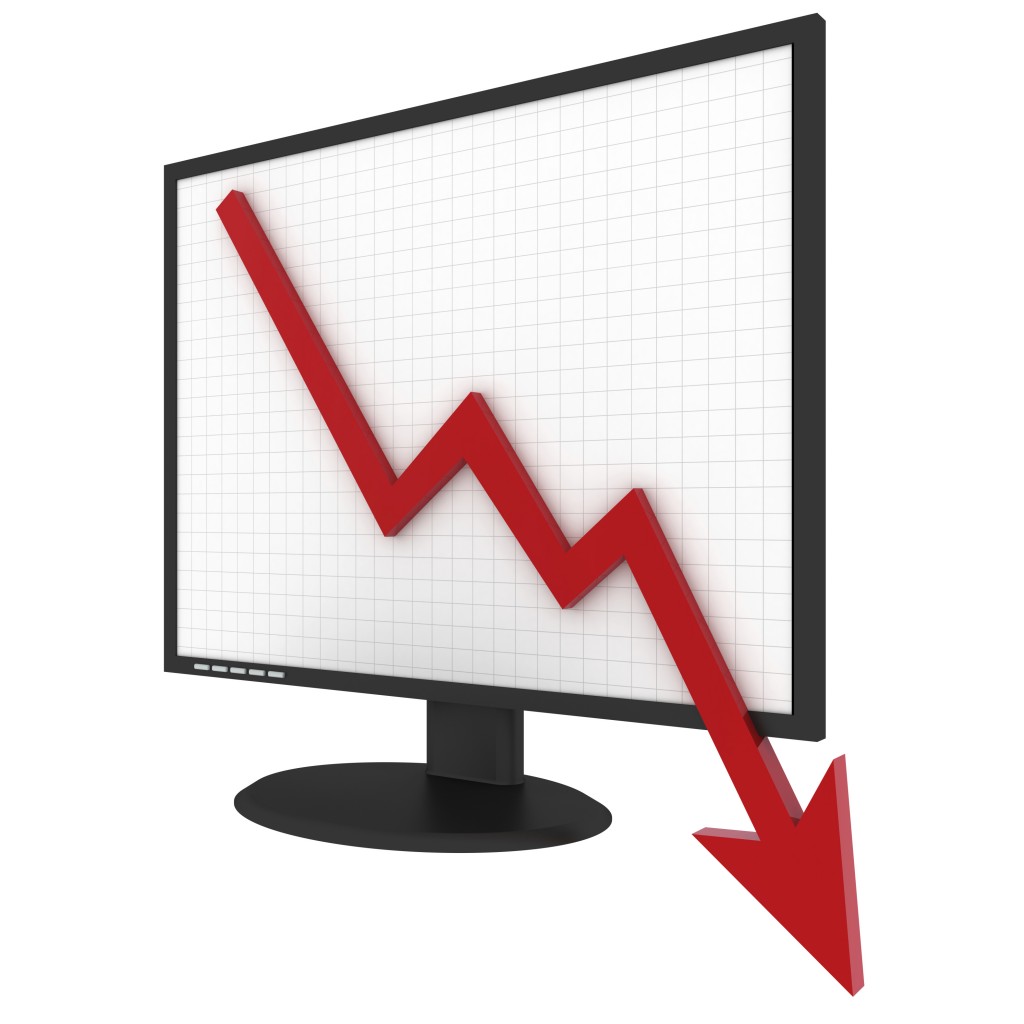3 reasons to ignore market downturns
Words of encouragement are helpful, but “don’t worry, be happy,” doesn’t cut it
Advertisement
Words of encouragement are helpful, but “don’t worry, be happy,” doesn’t cut it

Share this article Share on Facebook Share on Twitter Share on Linkedin Share on Reddit Share on Email